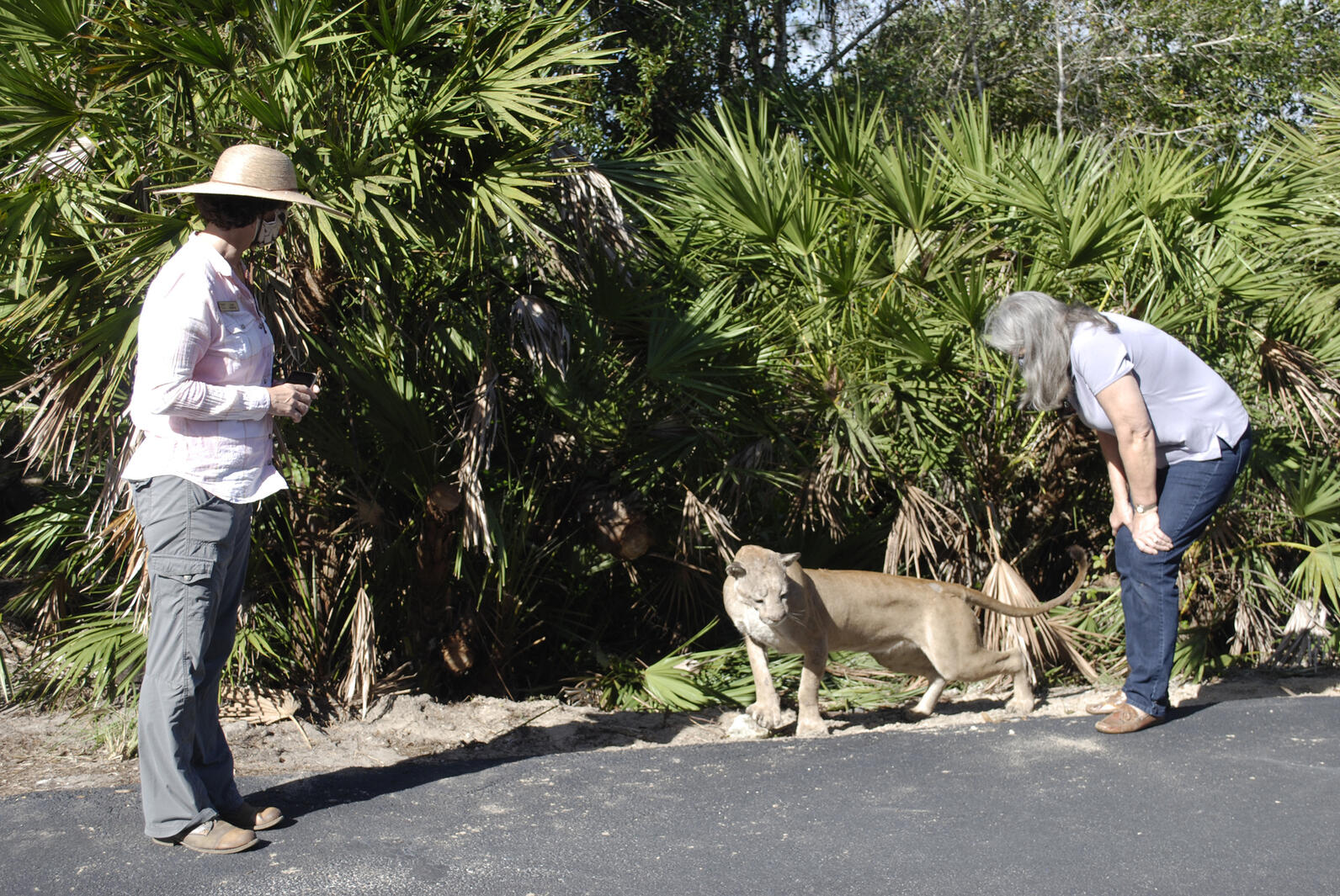The pandemic has affected all aspects of Sanctuary operations. This year, staff were forced to suspend the internship program. Normally, a conservation intern is hired for a six-month assignment and lives on-site, assisting with a variety of monitoring projects that help drive management decisions. The data they collect contribute to our understanding of how the habitats within the Sanctuary and the Western Everglades are changing.
As we continue to adapt to the coronavirus pandemic, Florida Gulf Coast University students came to the rescue! The students have provided valuable assistance with the fish sampling program and will soon assist with trail camera monitoring and maintenance.
Speaking of creativity, educators turned to technology when it became clear that the pandemic would cancel school field trips. During a typical year, hundreds of Collier County Public School students enjoy an immersive experience in the swamp, learning about the Sanctuary’s 13,000 acres of pine flatwoods, wet prairies, and cypresses as part of the Collier County Public School Field Trip Specialist program. Now, fifthgrade students and teachers can virtually experience the richness of Florida’s natural resources through the Wild Florida Adventure Tour, developed by Sanctuary staff with the support of the Community Foundation of Collier County.

The habitats protected by the Sanctuary are important for Florida panthers. After this male panther was killed in 2017 on a nearby roadway, then-FWC Commissioner Liesa Priddy reached out to staff at the Sanctuary and arranged for it to be preserved. A permanent new exhibit, in the preliminary planning stages, will give this animal new life in the Blair Audubon Center where students and visitors can gain a better understanding of the value of habitat conservation. The taxidermy expenses were generously underwritten by Mark Clemons with Everglades Adventures in Clewiston and Troy Shirley of American Outdoors Taxidermy in Ocala.




